Minerals play a significant role in various aspects of our lives, from providing essential nutrients for our bodies to being key components in industries such as construction, technology, and energy production. In this summary, we will delve into the world of minerals, exploring what they are, their classification, their uses, and their global significance. Minerals are naturally occurring inorganic substances that are solid and have a defined chemical composition. They are typically formed through geological processes over millions of years. Minerals can be found in the earth’s crust, oceans, and even parts of the atmosphere. As of now, over 4,900 different types of minerals have been identified, with new ones being discovered regularly. Classification of minerals is based on their composition and structure. The most common classification system divides minerals into types based on their chemical makeup.
minerals
 This system categorizes minerals into groups such as silicates, carbonates, oxides, sulfates, and sulfides, among others. Silicates, which are compounds containing silicon and oxygen, make up the majority of minerals on Earth. Minerals have a wide range of uses and applications, making them vital to several industries. One of the most well-known uses of minerals is in the realm of nutrition. Minerals such as calcium, iron, potassium, zinc, and magnesium are essential for our bodies to function properly. They are crucial for maintaining bone health, aiding in digestion, regulating fluid balance, and contributing to the overall well-being of our bodies. Another major industry where minerals are highly valued is construction. Minerals like limestone, granite, sand, and gravel are fundamental to building infrastructure such as roads, buildings, and bridges. These materials are used as concrete aggregates, asphalt, and in the production of various construction materials.
This system categorizes minerals into groups such as silicates, carbonates, oxides, sulfates, and sulfides, among others. Silicates, which are compounds containing silicon and oxygen, make up the majority of minerals on Earth. Minerals have a wide range of uses and applications, making them vital to several industries. One of the most well-known uses of minerals is in the realm of nutrition. Minerals such as calcium, iron, potassium, zinc, and magnesium are essential for our bodies to function properly. They are crucial for maintaining bone health, aiding in digestion, regulating fluid balance, and contributing to the overall well-being of our bodies. Another major industry where minerals are highly valued is construction. Minerals like limestone, granite, sand, and gravel are fundamental to building infrastructure such as roads, buildings, and bridges. These materials are used as concrete aggregates, asphalt, and in the production of various construction materials.
Specifications of minerals
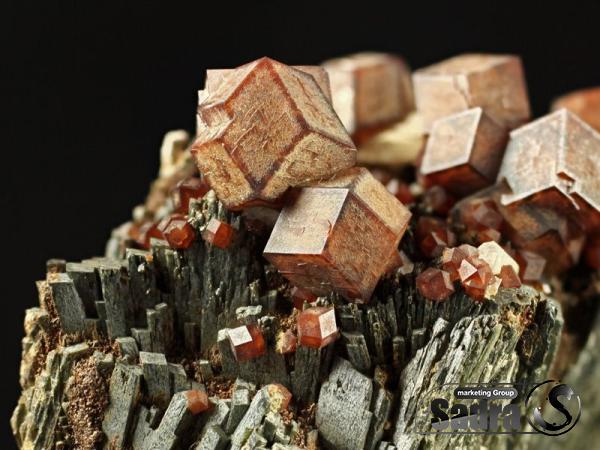 Minerals are also widely used in interior and exterior building finishes, as well as in decorative elements. The technology industry heavily relies on minerals for the production of electronic devices. Minerals such as gold, silver, copper, and iron are crucial components in the manufacturing of computers, smartphones, televisions, and other electronic gadgets. For example, gold is used in circuitry and connectors due to its excellent electrical conductivity and resistance to corrosion. The energy sector is another industry where minerals play a crucial role. Fossil fuels like coal, oil, and natural gas are minerals that have formed over millions of years from organic matter. These fuels are burned to generate electricity and power transportation. Additionally, minerals such as uranium and thorium are used in the production of nuclear energy, while lithium and cobalt are essential for battery production, making them vital for sustainable energy solutions. Apart from their various industrial uses, minerals also have significant economic importance. Countries that possess abundant mineral resources often benefit from substantial revenue generation through mining activities. The extraction and processing of minerals create jobs and contribute to a nation’s gross domestic product (GDP). Additionally, minerals may also be traded on international commodity markets, contributing to global trade and economic growth.
Minerals are also widely used in interior and exterior building finishes, as well as in decorative elements. The technology industry heavily relies on minerals for the production of electronic devices. Minerals such as gold, silver, copper, and iron are crucial components in the manufacturing of computers, smartphones, televisions, and other electronic gadgets. For example, gold is used in circuitry and connectors due to its excellent electrical conductivity and resistance to corrosion. The energy sector is another industry where minerals play a crucial role. Fossil fuels like coal, oil, and natural gas are minerals that have formed over millions of years from organic matter. These fuels are burned to generate electricity and power transportation. Additionally, minerals such as uranium and thorium are used in the production of nuclear energy, while lithium and cobalt are essential for battery production, making them vital for sustainable energy solutions. Apart from their various industrial uses, minerals also have significant economic importance. Countries that possess abundant mineral resources often benefit from substantial revenue generation through mining activities. The extraction and processing of minerals create jobs and contribute to a nation’s gross domestic product (GDP). Additionally, minerals may also be traded on international commodity markets, contributing to global trade and economic growth.
buy minerals
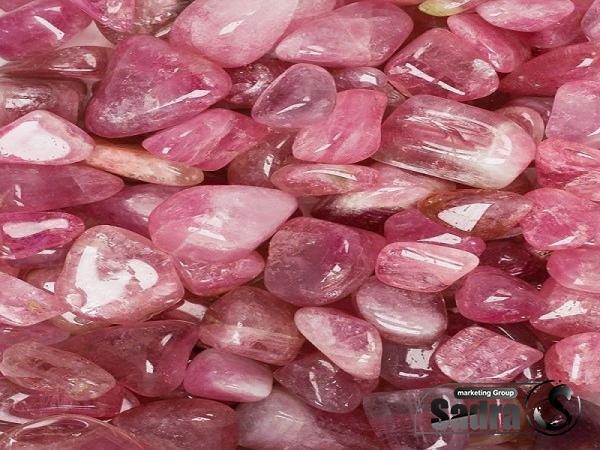 However, the extraction and utilization of minerals can also have negative environmental impacts. Mining operations can cause habitat destruction, soil erosion, water pollution, and contribute to greenhouse gas emissions. Responsible mining practices are essential to minimize these impacts and ensure sustainable resource management. On a global scale, certain minerals have geopolitical significance. The availability of rare earth elements, for instance, has become an increasingly important factor in global politics and trade. Rare earth elements are essential for the production of various technologies, including electric vehicles, wind turbines, and high-tech devices. China currently dominates the global rare earth market, accounting for the majority of production and processing. To address these geopolitical issues, many countries are investing in diversifying their mineral resources, reducing dependence on certain nations, and promoting domestic mineral exploration and mining. Additionally, efforts are being made to improve the recycling and reuse of minerals to reduce the need for primary extraction. In conclusion, minerals are vital resources that impact various aspects of our lives. They are essential for nutrition, construction, technology, energy production, and global trade. With thousands of different minerals, each with its unique properties and applications, their significance cannot be overstated. It is crucial to strike a balance between their extraction and utilization while minimizing environmental impacts and promoting sustainable practices.
However, the extraction and utilization of minerals can also have negative environmental impacts. Mining operations can cause habitat destruction, soil erosion, water pollution, and contribute to greenhouse gas emissions. Responsible mining practices are essential to minimize these impacts and ensure sustainable resource management. On a global scale, certain minerals have geopolitical significance. The availability of rare earth elements, for instance, has become an increasingly important factor in global politics and trade. Rare earth elements are essential for the production of various technologies, including electric vehicles, wind turbines, and high-tech devices. China currently dominates the global rare earth market, accounting for the majority of production and processing. To address these geopolitical issues, many countries are investing in diversifying their mineral resources, reducing dependence on certain nations, and promoting domestic mineral exploration and mining. Additionally, efforts are being made to improve the recycling and reuse of minerals to reduce the need for primary extraction. In conclusion, minerals are vital resources that impact various aspects of our lives. They are essential for nutrition, construction, technology, energy production, and global trade. With thousands of different minerals, each with its unique properties and applications, their significance cannot be overstated. It is crucial to strike a balance between their extraction and utilization while minimizing environmental impacts and promoting sustainable practices.
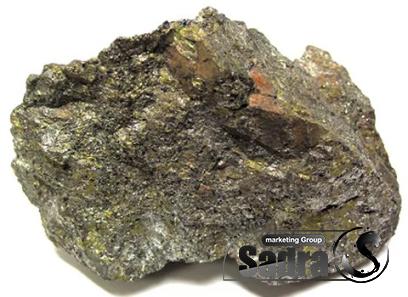
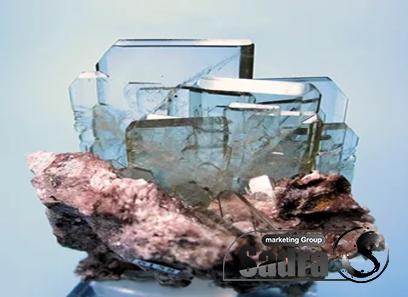
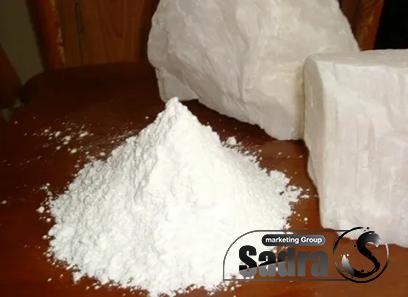

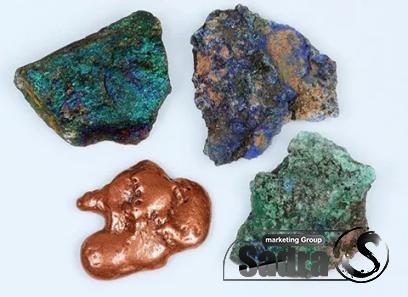



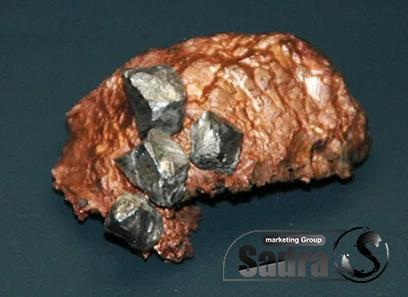

Your comment submitted.